Time running out for Spain to deal with its darkest chapter — and stop a present day lurch to the far-right
Unlike other nations, Spain has never dealt with the ghosts of its long dictatorship under Franco, and it may get worse for those hoping to find the truth about the past, writes Graham Keeley

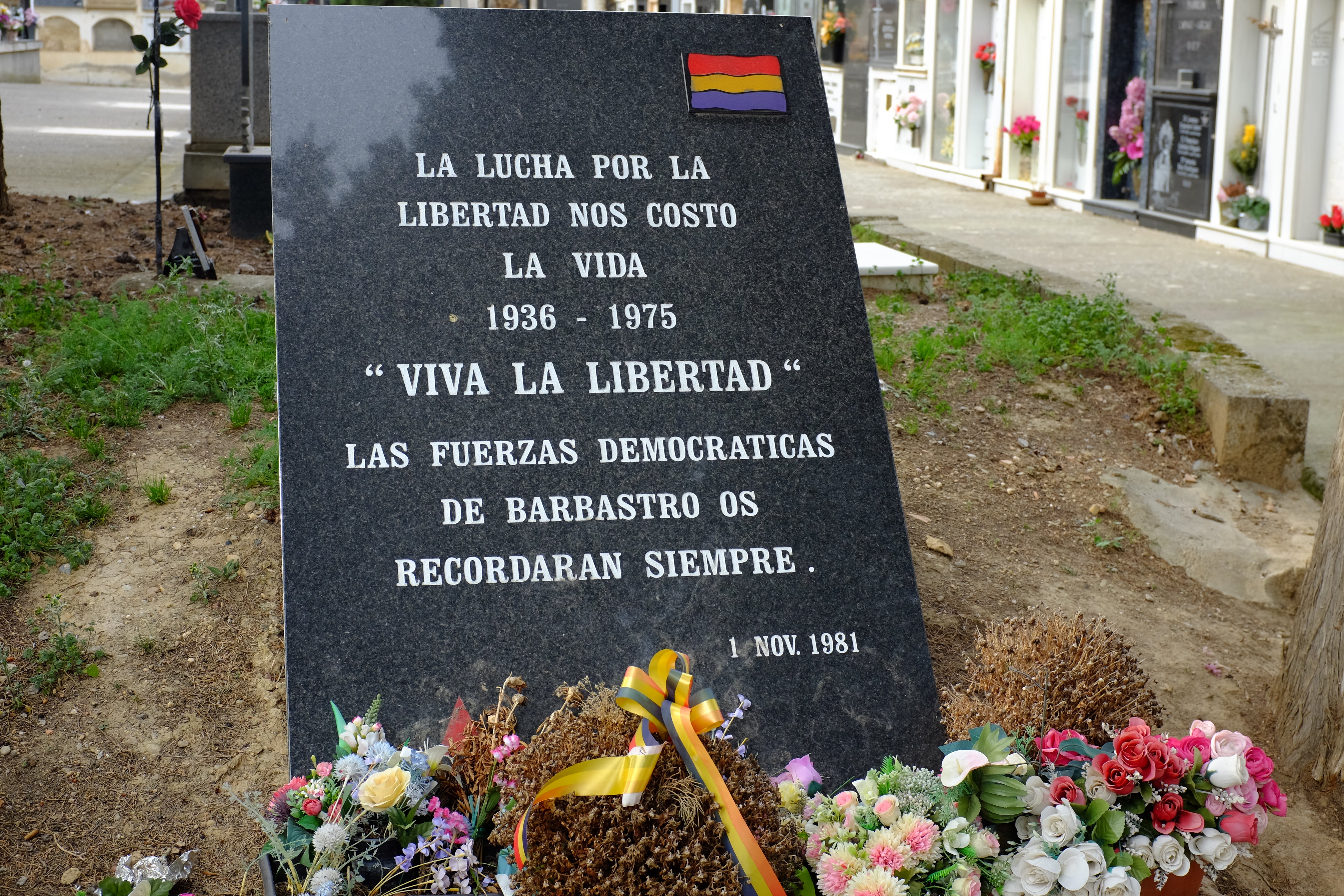
Iris Mir could be doing better things, like surfing in the Mediterranean. Instead, she is visiting Barbastro, a small town near Huesca in eastern Spain, where her relatives live. But this is no family visit to swap small talk with her loved ones.
The 39-year-old entrepreneur from Barcelona wants to find out exactly where her great-grandfather José Mir is buried. For most families in Barbastro this is easy. Not so for Mir.
Historians estimate that like about 100,000 others in Spain, his remains lie in a mass grave where he was dumped after he was executed after the Spanish civil war. His only crime – he was on the “wrong” side when the bloody 1936-1939 conflict ended.
Iris Mir was born in 1983, eight years after General Francisco Franco died after a long dictatorship.
She is part of a younger generation of Spaniards who are determined to address one of the darkest chapters of modern Spanish history – the fate of tens of thousands of people whose bones lie scattered across the country.
She wants to give her great-grandfather a decent burial next to his late wife – before it is too late.
Slowly but surely, ageing relatives who provide real links to the past are dying. Finding these lost relatives would provide some sort of closure for fathers, mothers, sons and daughters.
The search has been hard and long for Mir but could be about to get more difficult.
Spain goes to the polls next month, with the conservative People’s Party (PP) favourites to get more votes than the Socialist government. However, the PP may need the help of the far-right to form a coalition government.
If his party wins, Alberto Núñez Feijóo, the PP leader, has vowed to repeal the Democratic Memory Law, which was brought in in 2020 to help people like Mir to find their loved ones.
This prospect worries Mir and others searching for their relatives who say Spain would be taking a step back.
Unlike Germany, Italy or Argentina, Spain never dealt with the ghosts of its long dictatorship.
Instead, it preferred what has come to be known as the “pact of forgetting”, in which an amnesty law was passed in 1977, two years after Franco’s death.
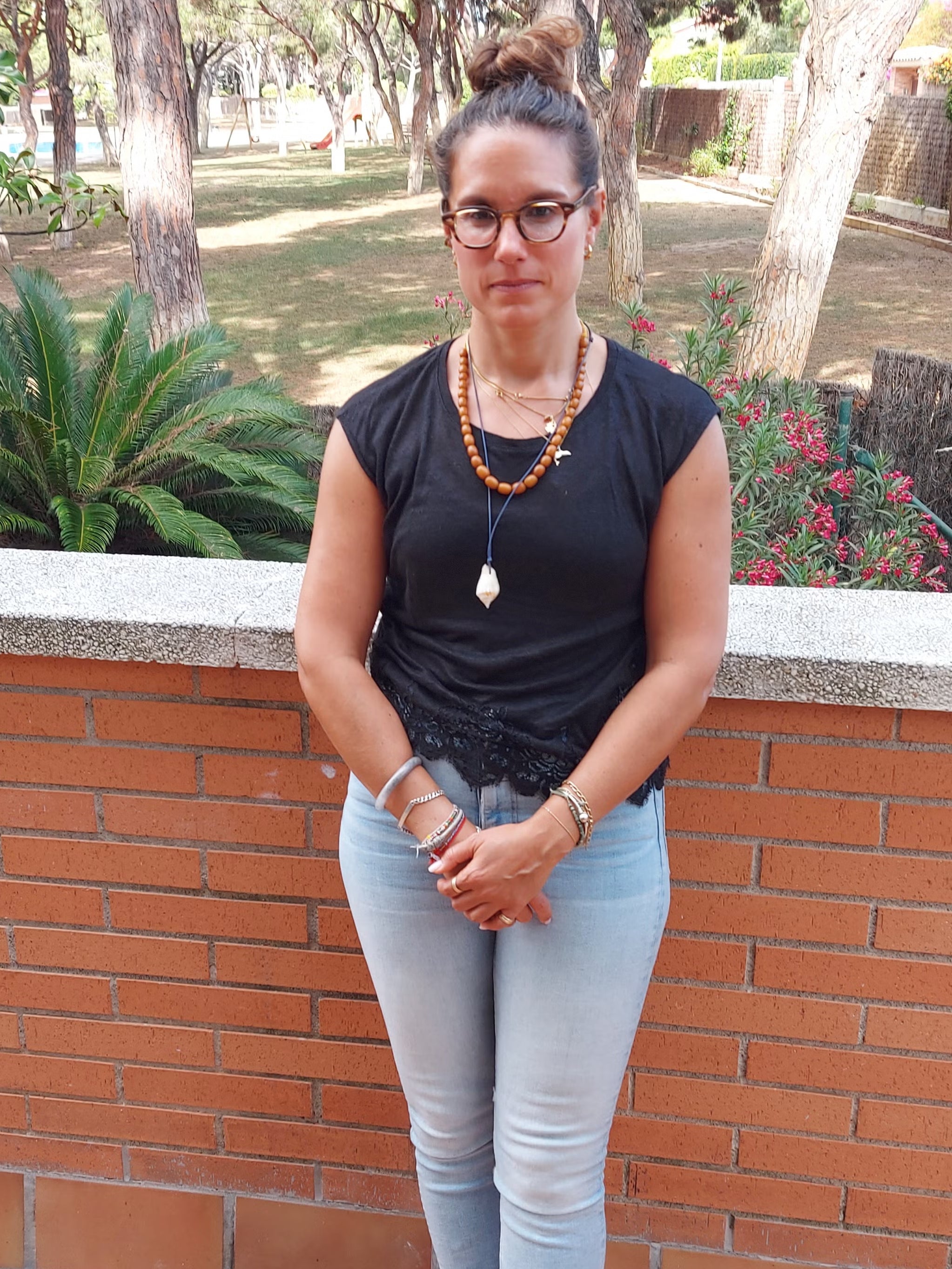
The law freed political prisoners and permitted those exiled abroad to return to Spain, yet also guaranteed impunity for those who participated in crimes during the civil war and the dictatorship.
When Spain’s left-wing coalition government introduced the Democratic Memory Law, it attempted to address the Francoist legacy for future generations.
The law aims to ensure that secondary school children and students are taught about the dictatorship. It declares that tens of thousands of convictions for military rebellion during the civil war are void.
It also hands responsibility to the government for exhuming and identifying the bodies of those murdered by the Franco regime and dumped in unmarked graves.
To this end, it created an official register of victims and DNA testing to help surviving relatives.
The Valley of the Fallen, from which Franco’s remains were exhumed in 2019, was renamed the Valley of Cuelgamuros and redefined as a cemetery not a shrine to those who died in the war almost 80 years ago.
Forensic scientists are trying to exhume the bodies of 128 people whose remains were taken from mass graves and re-buried in the cemetery without their families’ knowledge.
But for many like Mir, there is much unfinished business. The trouble is, she believes, her generation seem less concerned to address the ghosts of the past.
“When I talk to people to get information I talk to people of my father’s generation. It doesn’t surprise me because the education system has been designed to convince us that it is a thing of the past, that it is not something that concerns us anymore. I think that silence still prevails. We don’t know what it is for these generations to fight for the freedoms we have today,” she said.
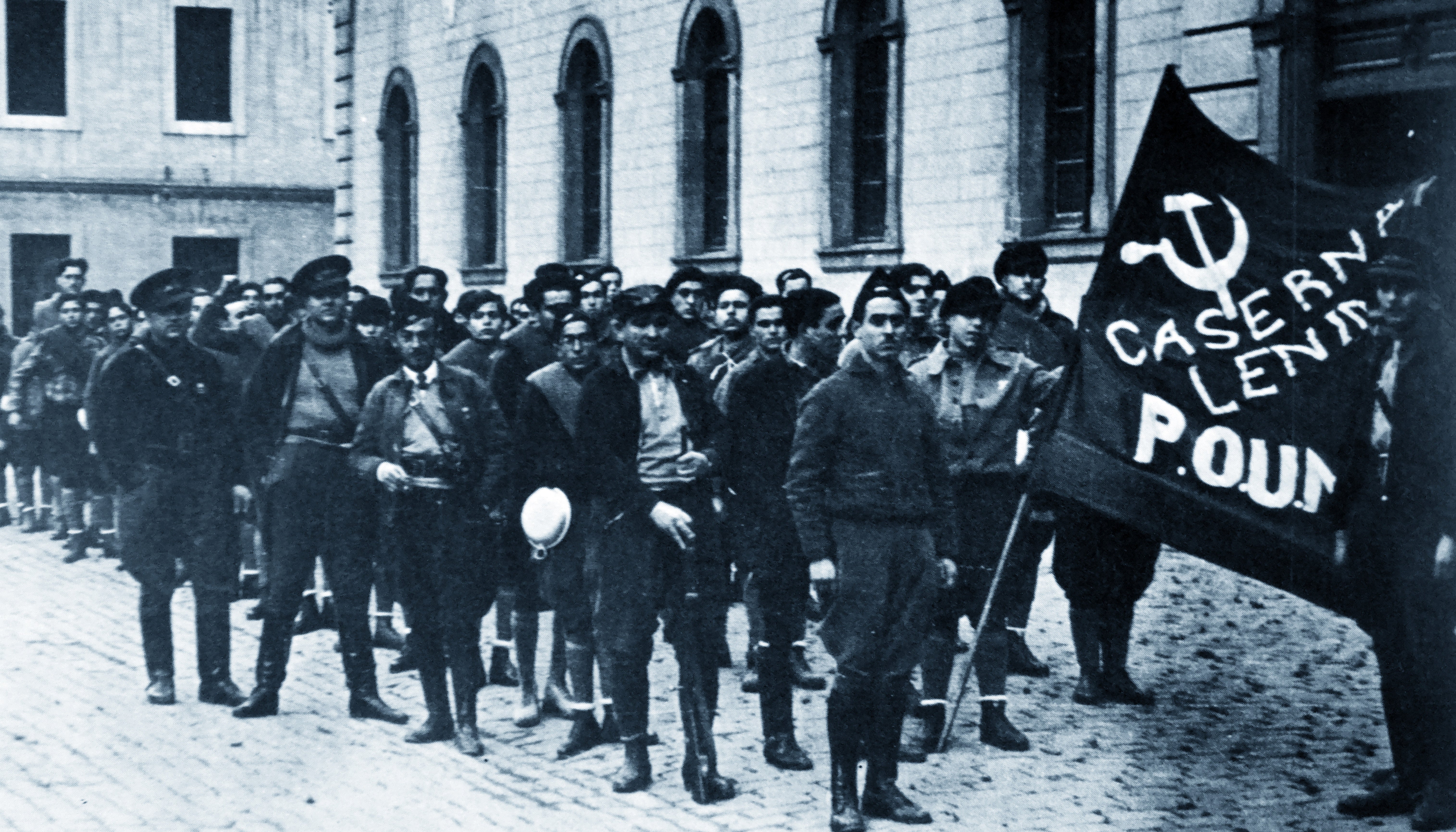
Back in Barbastro, most people prefer to get on with their lives, not look back at the past.
The town became famous as it was mentioned by George Orwell in Homage to Catalonia when he was travelling to the front to fight for the Republican side.
It is also infamous as the place where 51 Claretian missionaries were killed for not denying their faith as a wave of anti-clerical feeling swept Spain because the Catholic Church was seen by some as allied with Franco.
There is no suggestion Mir’s great-grandfather was involved in this slaughter.
On 1 April 1939, the day Franco’s Nationalist forces defeated the Republican forces after a gruelling three-year conflict, José Mir was arrested.
The father-of-four was a peasant in what is a very rural part of eastern Spain. He was also a member of the CNT, an anarchist organisation, which opposed Franco’s forces.
In the wake of his victory, Franco ordered the execution of tens of thousands of opponents.
Mir was sentenced to death in October the same year by a military court for “joining the rebellion” and executed by firing squad.
To add insult to injury for his family, he was ordered to pay a fine of 500 pesetas (about £612 in today’s money).
His widow, Maria de los Remedios, who had to live with the social shame of being on the “wrong side”, was unable to pay. Years later, Franco excused the families of those fined.
Mir struggled for two years to get justice of a kind for her great-grandfather. She has managed to secure a pardon for a man she never knew, under the Democratic Memory Law.
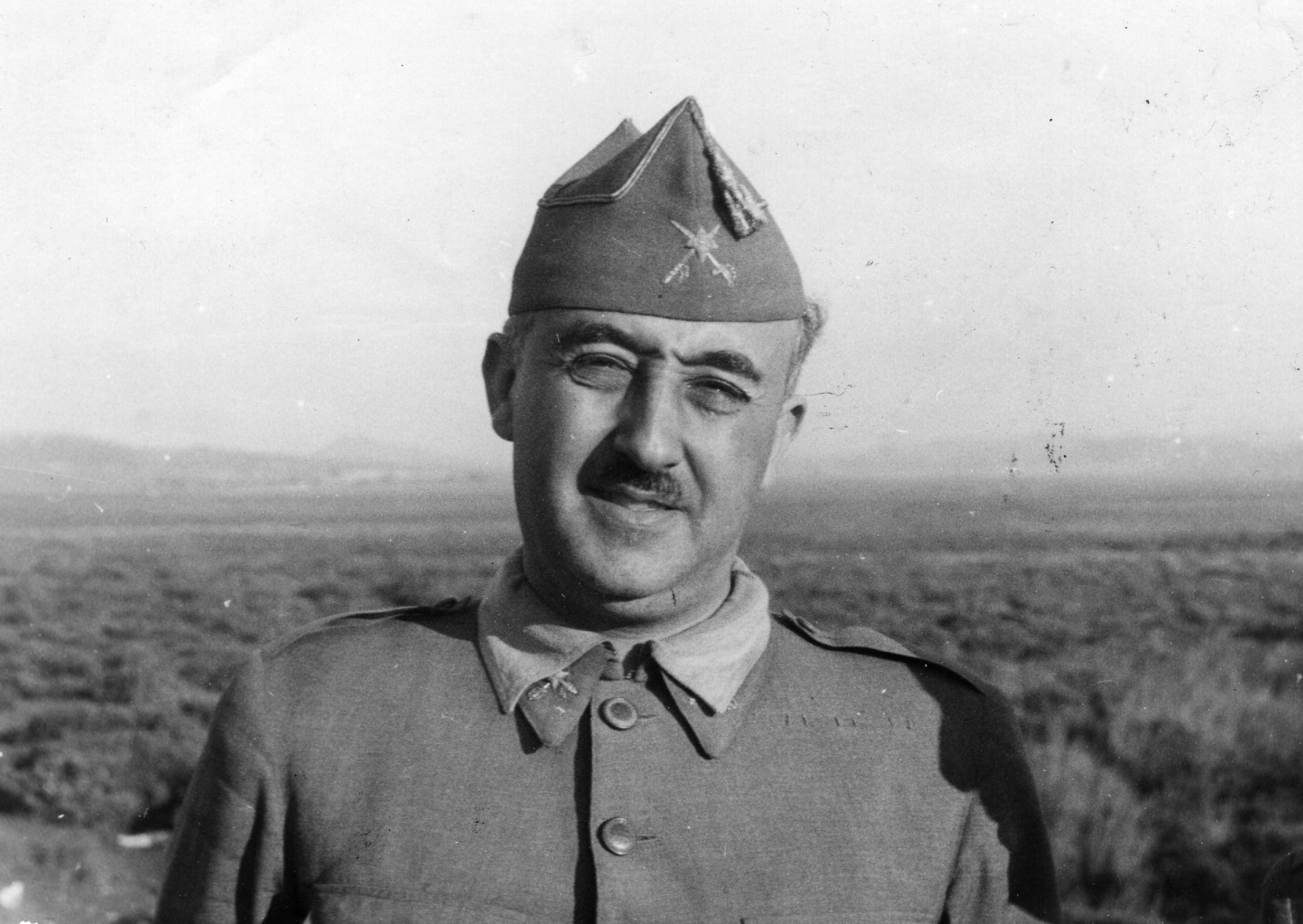
“Getting the pardon was not hard once you know what you have to do. Once I finally got the right answers, I just sent through the forms,” she remembers.
“I emailed the relevant departments. I got into an exchange of emails in which [it seemed like] I was talking about the weather. They said I need proof of him being killed and how he was killed. I found that was the worst thing about it, the lack of understanding.”
Mir sees the search for truth about what happened to people like her great-grandfather, and thousands of others, as a test for Spanish democracy.
“To me the most important thing is [getting] my great-grandfather back but there is another thing about what it means to live in a democracy. Is this the best Spain can do? Can I be proud of my government? We are in 2023 with a Socialist government and passing laws but is this for your own political agenda?
“I think Germany has dealt with this but Spain has had no proper closure.”
She tried to get information from the Catholic Church about the burial of her relative but they said she lacked a file.
When she asked the regional government in Aragon, they took months to reply and were not helpful.
“I have not received any answer from the government yet about what to do. The most reliable information I have got is through individuals who have gone through this in other parts of Spain,” she said.
“It is becoming [something operating] at the underground level. You must rely on each other. I thought the government would help you.”
Mir is not alone. Others from her generation are engaged in a similar search for truth about the past.
Javi Priaranza is 27 and works in a bookshop in El Bierzo, in northern Spain.
A volunteer with the Association for the Recovery of Historical Memory (ARMH), he is searching for the remains of his great uncle, Fidel Vega Núñez.
In 1936, Vega Núñez was a member of Republican Left, a left-wing organisation. In the wake of Franco’s uprising against the Republican government, he was arrested after Nationalist troops took control of the town where he lived.
Two days later he was taken out of jail and was summarily executed. His body was dumped about 20 miles from his family in El Bierzo, a town in Castile and Leónn.
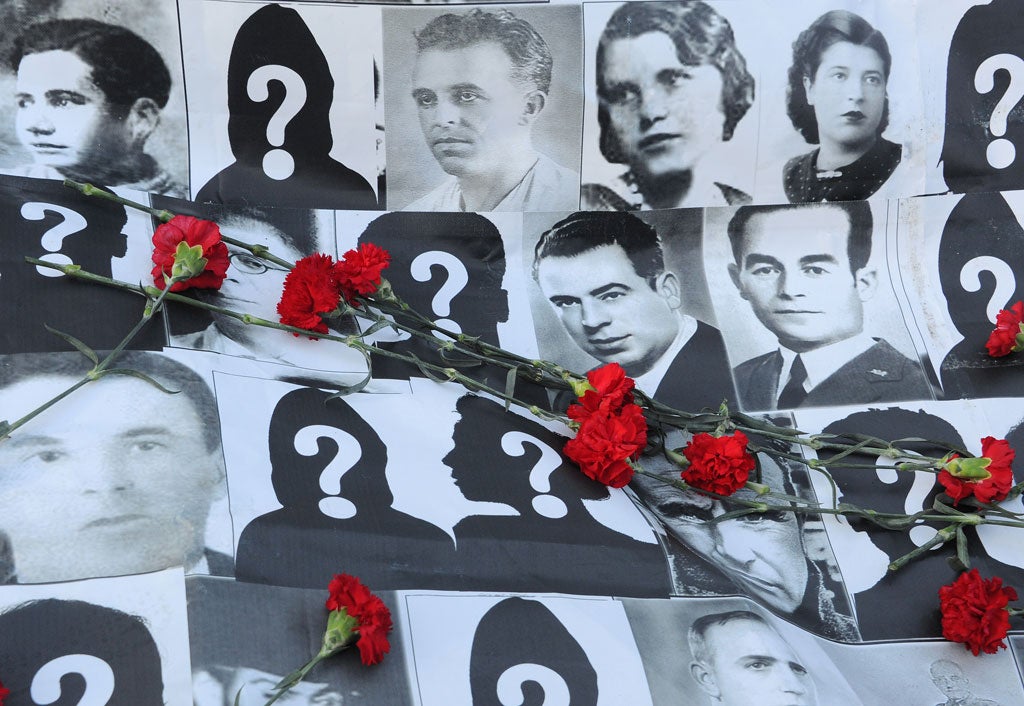
This was done on purpose, Priaranza believes, so that his family could not find the body easily.
He said the generation who grew up in the era after Franco died are largely ignorant of the real horrors of the civil war and the dictatorship.
Among his circle of volunteers in the ARMH there are few people of his own age, he said.
“It is true that there are not many young people involved in this [movement]. It either doesn’t interest them or they don’t want to know what really happened. In the schools they do not talk much about what went on,” he told The Independent.
Priaranza is worried about the possibility that the PP and Vox, both parties which want to repeal laws designed to help find his loved ones, may come to power next month in the elections.
“It could be a serious step back in civil rights which should be safeguarded. These rights could be restricted. I am scared. There are people who apologise for Franco openly [who could be in power],” he said.
Just like Mir, he believes it is important for Spain’s future to continue the quest for the truth about the past.
“It is very important for future generations [to know] about our ancestors who fought to make a better country. The recuperation of democracy has been possible because of them.”






Join our commenting forum
Join thought-provoking conversations, follow other Independent readers and see their replies
Comments